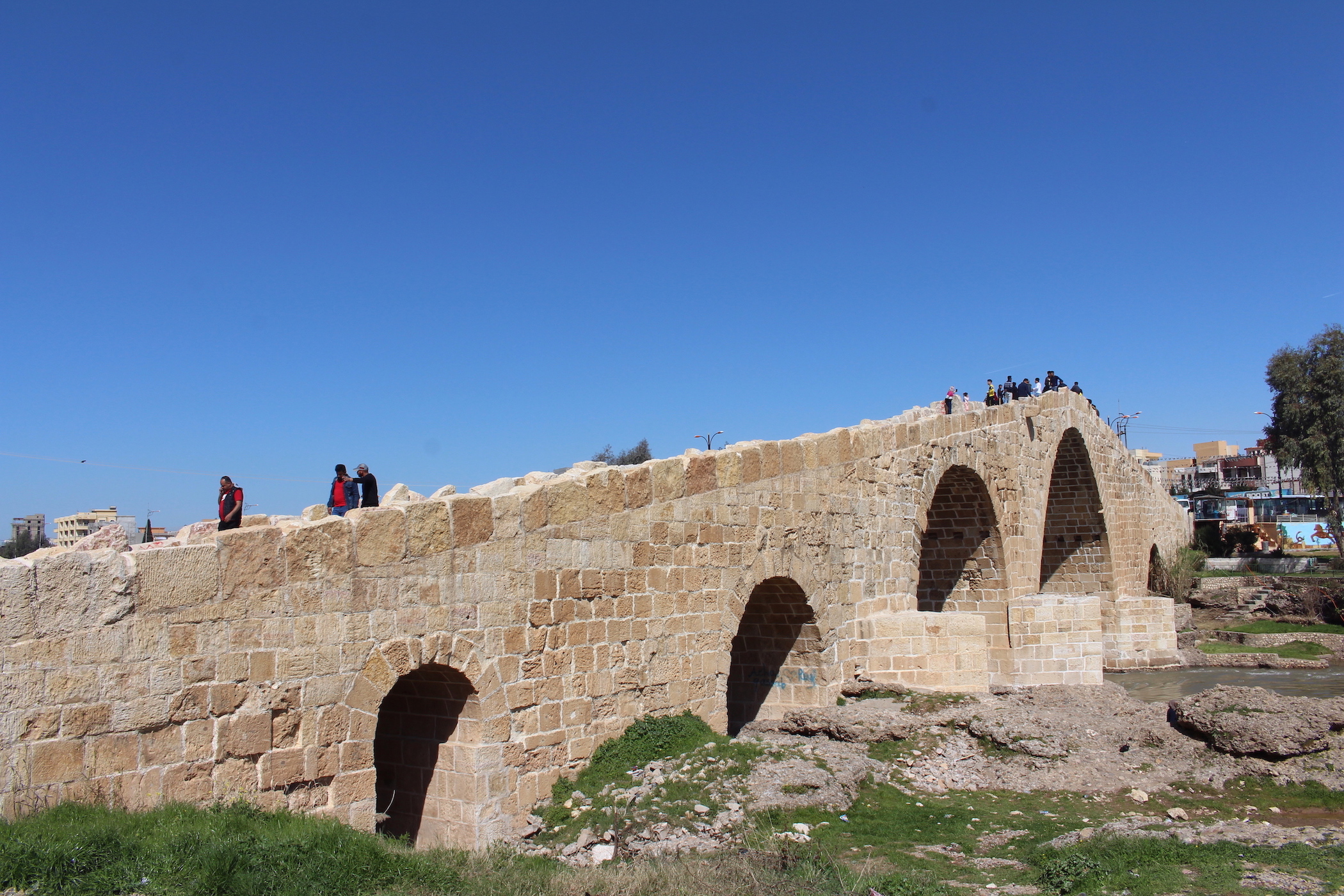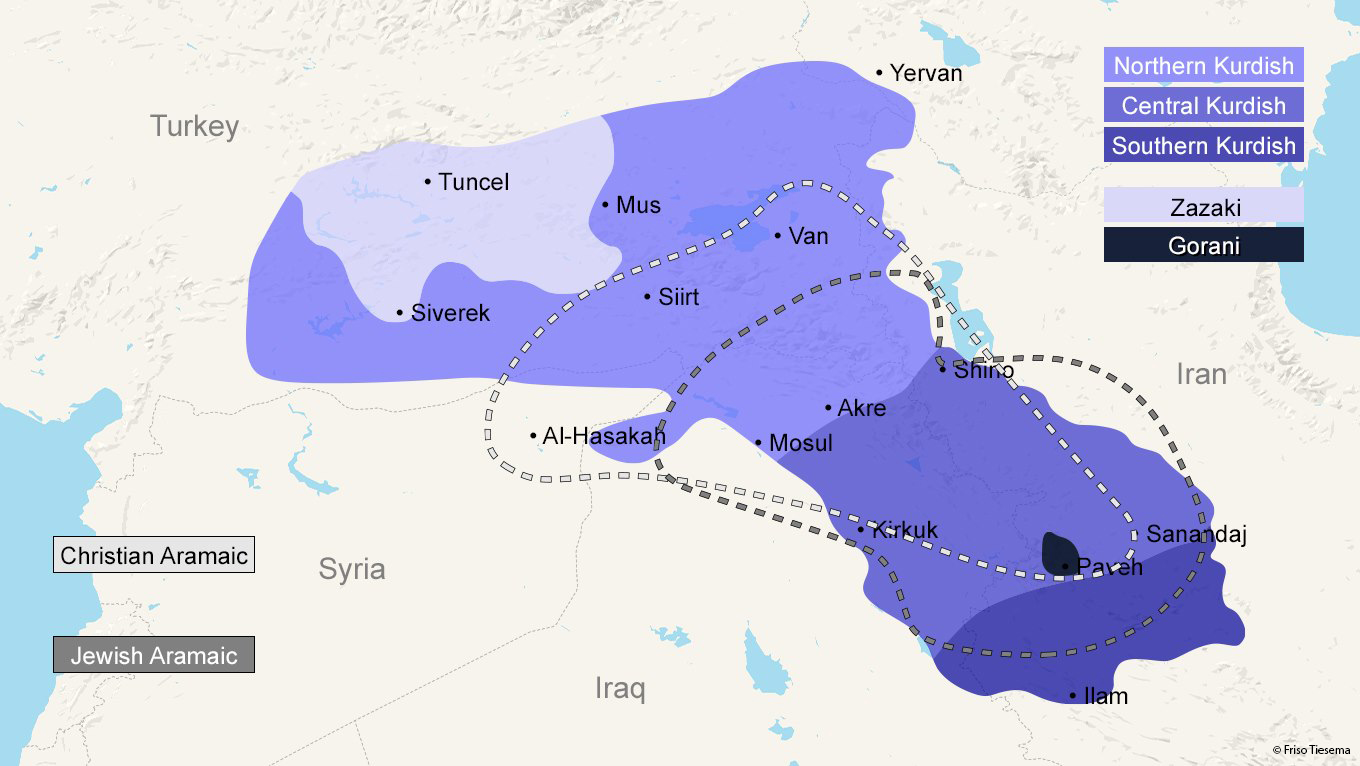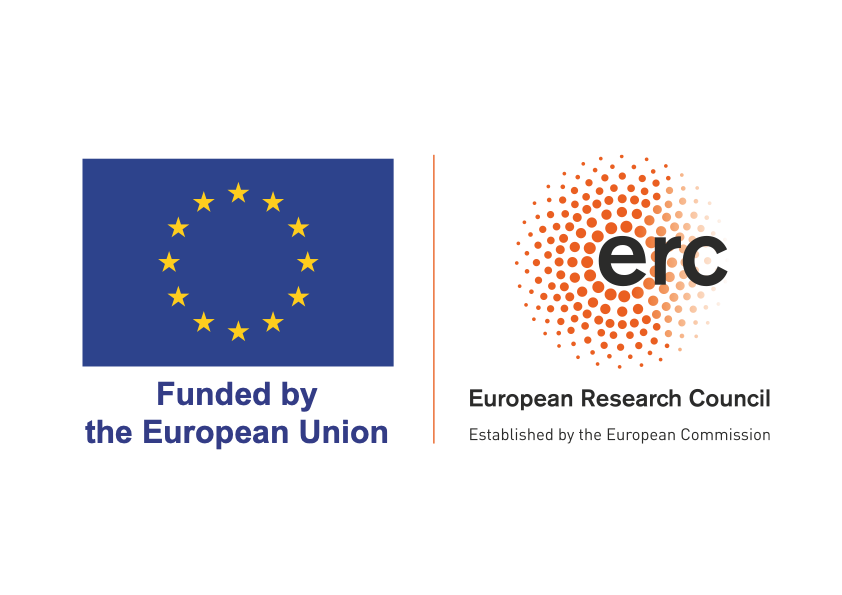
This project, which is funded by the ERC and will run during the academic years 2021-2025, aims to reconstruct the complex, socioreligious past of the disappearing indigenous communities who were once more widespread across West Asia from the first millennium BC well into the Islamic period.
Mesopotamia is the home of remarkably diverse ethnoreligious and linguistic microcommunities with deep historical roots in the ancient Near East. Jewish and Christian minorites with their own unique traditions in Aramaic have co-existed alongside mainly Iranian speech communities for millennia. Today the origin and development of this rich cultural-linguistic mosaic remains elusive due to superimposed nationalisms and paucity of historical records.
Under the direction of Professor Geoffrey Khan an interdisciplinary team of both Aramaic and Iranian linguists will study the intertwined histories of the Aramaic and primarily Kurdish speaking communities through their linguistic traditions. A great deal of the linguistic evidence comes from the recently richly enhanced database of spoken Aramaic languages, which stretch back 3,000 years. One of the main outcomes will be a linguistic atlas of modern Aramaic dialects and an overview of convergences with Kurdish and Gorani dialects. For such an enterprise, further documentation of the endangered Aramaic and Gorani dialects is required.
The historical interpretation of these data offers a new line of research in Aramaic and Iranian Studies. The study of this historical period of multiculturalism and multilingualism requires us to develop new models of contact. The analysis of exchanges between Aramaic and Iranian speaking communities is expected to have important implications for our understanding of areal convergence and contact.
The project will include seminars open to other members of the Cambridge scholarly community addressing key topics in Neo-Aramaic, Kurdish and Gorani dialectology as well as the historical background of these speech communities.
This project has received funding from the European Research Council (ERC) under the European Union’s Horizon 2020 research and innovation programme (Grant Agreement No. 101021183 - ALHOME)


